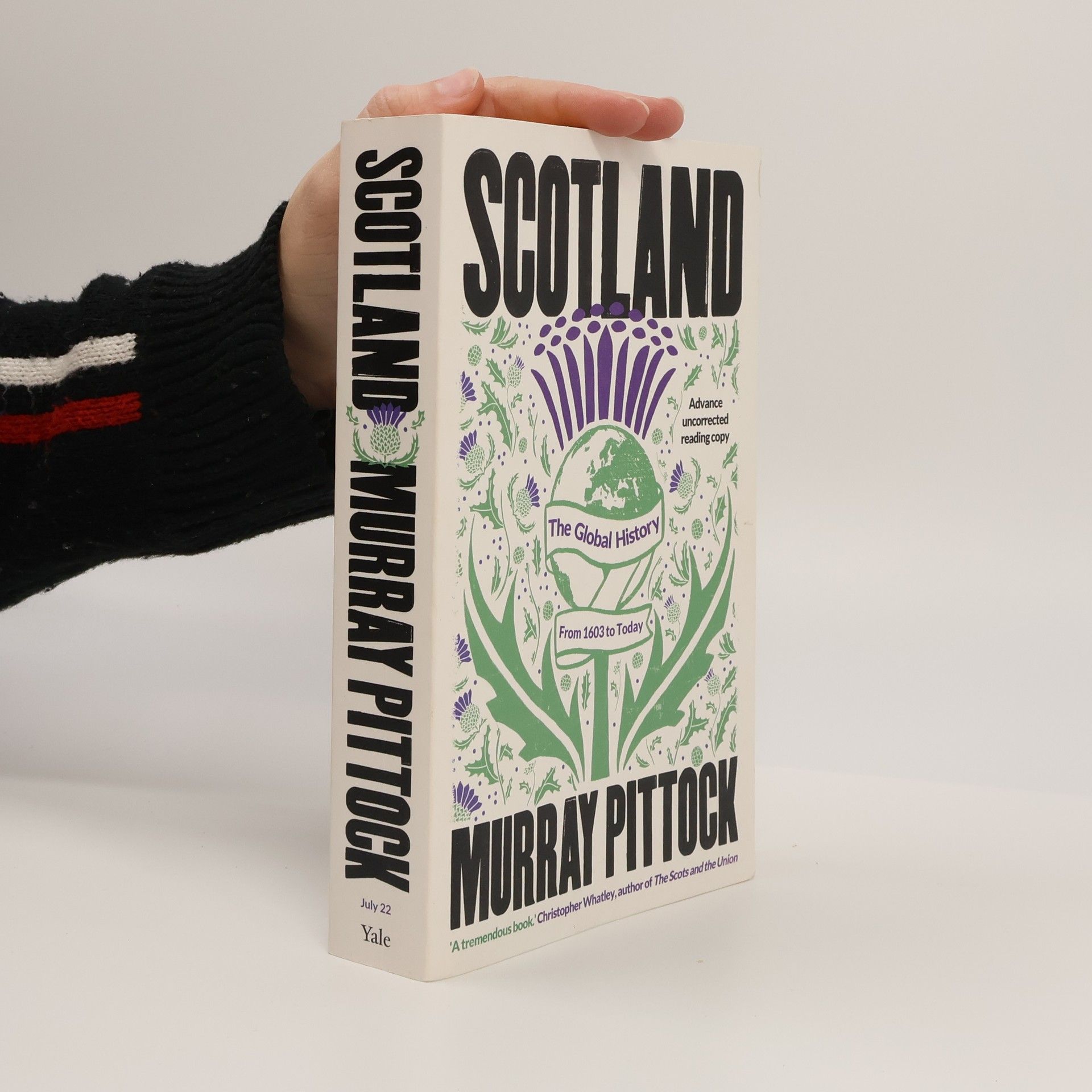Culloden
- 224 pages
- 8 hours of reading
The story of Culloden, one of the most important battles in Scottish history - how it was fought, how it has been remembered, and what it has come to mean.
Murray Pittock is a cultural historian whose work delves into literature and its cultural context. His scholarship often examines the deep connections between literary works and broader societal and historical forces. Pittock's contribution lies in his ability to illuminate how literature shapes and is shaped by history. His perspective on literary history offers readers a richer understanding of texts and their times.


The story of Culloden, one of the most important battles in Scottish history - how it was fought, how it has been remembered, and what it has come to mean.
An engaging and authoritative history of Scotland's influence in the world and the world's on Scotland, from the Thirty Years War to the present day